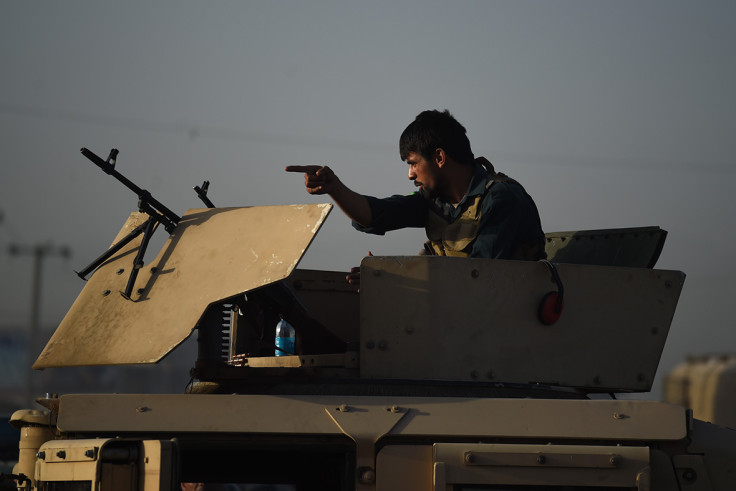Pentagon blocks payment of $300m to Pakistan for inadequate action against terrorism
Secretary of Defence Ash Carter not to certify that Pakistan has done enough to eliminate terror groups.
The Pentagon is poised to block payment of $300m (£225m) under its Coalition Support Fund (CSF) to Pakistan as they are still not convinced the country has taken adequate measures to root out terrorist groups like the Afghan Taliban and the Haqqani network. The US acknowledges Pakistan's efforts to counter terrorism, but many in Congress believe they are not enough.
Pakistan has so far received about $14bn in military reimbursements since 2002 under the CSF programme, wherein the US defence department reimburses costs borne by its allies in fighting terrorism. Pentagon data shows that the Asian country is the largest recipient of CSF.
Secretary of Defence Ash Carter has decided not to certify yet that Pakistan has taken sufficient action against the Haqqani network, thereby blocking the release of the funds to the Pakistan government, Pentagon spokesman Adam Stump was cited by Reuters as saying. He added: "This decision does not reduce the significance of the sacrifices that the Pakistani military has undertaken over the last two years."
Earlier, the US Congress had refused funding Pakistan's purchase of a fleet of F-16 fighter jets over the same issue. Many lawmakers in the US have raised concerns over sending money to Pakistan, citing the country's nuclear programme and lack of conviction in fighting terrorism – both within and outside the country. Pakistan also faces accusations of harbouring militants on its soil, but has denied the claims.

Groups like the Afghan Taliban and the Haqqani network operate from Pakistani soil and from neighbouring Afghanistan. The terrorist groups and others have targeted the US in the past and continue to pose a threat to the country's security. The US wants Pakistan to take stringent measures to root out militants operating from the region, but the country has expressed its limitations in doing so, citing a backlash.
Relations between the two allies have strained over the past few years because of this difference in their stance on terrorism. Following the collapse of the F-16 deal, Pakistan was reported to have been planning to appoint lobby groups to improve ties with the US.
© Copyright IBTimes 2024. All rights reserved.





